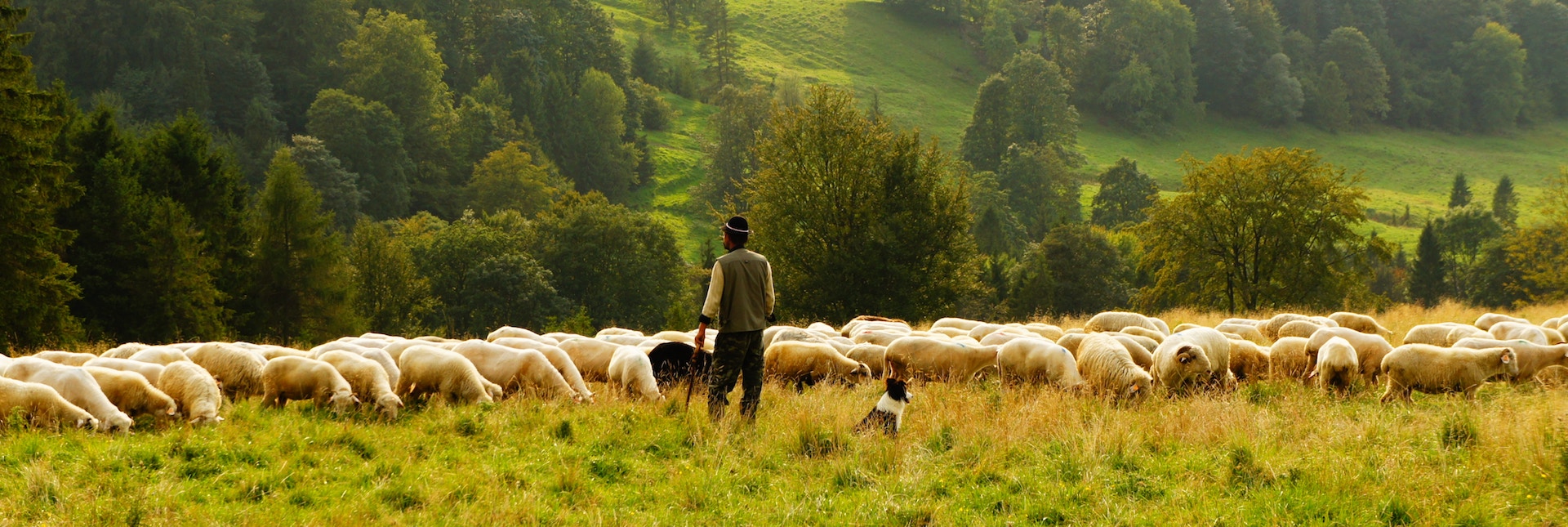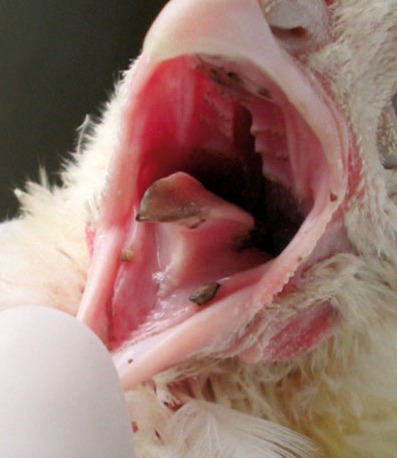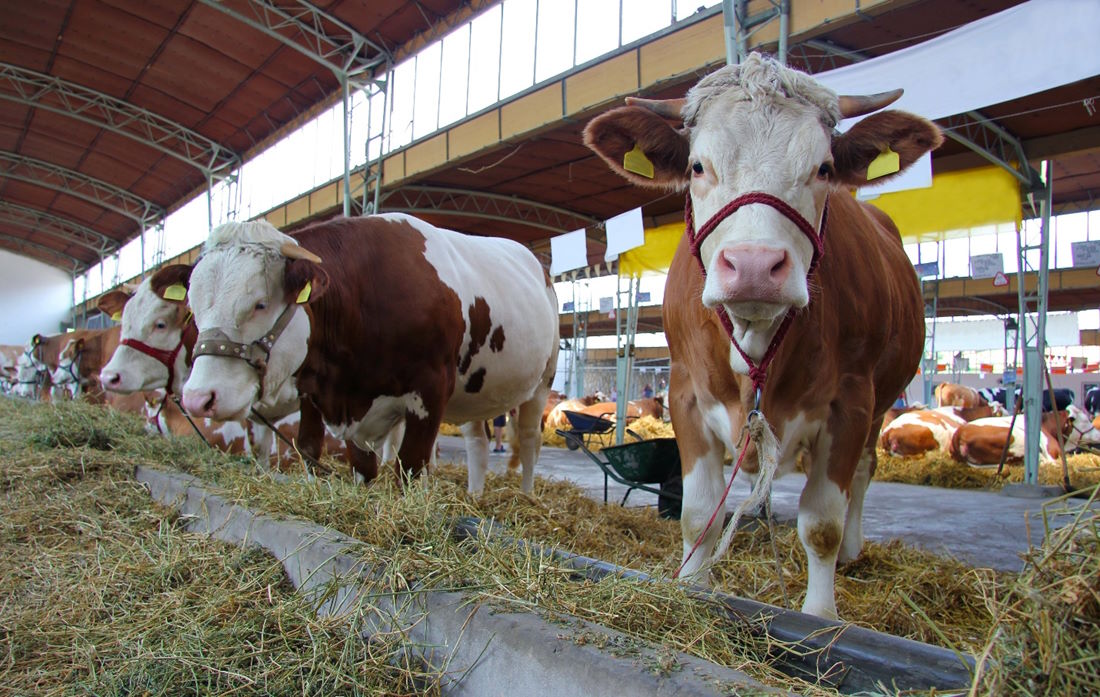Sheep
Sheep challenge
Sheep face various challenges that can impact their health, productivity, and overall well-being. Here are some common challenges faced by sheep:
- Internal and External Parasites: Sheep are susceptible to internal parasites such as gastrointestinal worms and external parasites like lice and ticks. These parasites can lead to weight loss, poor wool quality, anemia, and overall reduced productivity. Proper parasite control programs, including strategic deworming, pasture management, and use of parasite-resistant breeds, are necessary to minimize these challenges.

- Nutritional Management: Adequate nutrition is essential for sheep health and productivity. Challenges include insufficient or imbalanced diets, inadequate access to clean and nutritious forage, and mineral deficiencies. Proper nutrition management, including balanced diets, pasture rotation, forage quality assessments, and mineral supplementation, is necessary to address these challenges.
- Predation: Predation is a significant challenge for sheep, particularly in areas with predators such as coyotes, wolves, or dogs. Predation can lead to sheep losses, stress, and reduced flock productivity. Implementing predator control measures, such as secure fencing, guard animals (e.g., dogs or llamas), or using deterrent devices, can help mitigate predation challenges.
- Respiratory Diseases: Respiratory infections, such as pneumonia, can impact sheep health and productivity, particularly in crowded or poorly ventilated environments. These diseases are often associated with stress, poor ventilation, and exposure to pathogens. Proper housing design, ventilation systems, regular monitoring, and vaccination programs can help prevent and manage respiratory challenges.
- Foot Health: Foot problems, including foot rot and lameness, can significantly affect sheep welfare and productivity. Wet and muddy conditions, poor hoof health, and infectious agents contribute to these challenges. Regular foot inspections, proper hoof trimming, maintaining clean and dry bedding, and managing pasture conditions are crucial to prevent and treat foot-related issues.
- Reproductive Challenges: Reproductive challenges can include low conception rates, abortion, or lambing difficulties. Factors such as nutritional imbalances, breeding management, reproductive diseases, and genetic factors can contribute to these challenges. Proper breeding management, reproductive health monitoring, and genetic selection can help improve reproductive performance in sheep flocks.
- Weather Extremes: Weather extremes, such as heatwaves or cold spells, can impact sheep welfare and productivity. Heat stress can lead to reduced feed intake, decreased milk production, and heat-related health issues. Cold stress can result in hypothermia, reduced growth, and increased susceptibility to diseases. Providing adequate shelter, access to clean water, proper ventilation, and appropriate bedding are crucial to mitigate the effects of weather extremes.
Addressing these challenges requires a comprehensive approach that includes proper management practices, regular veterinary care, nutrition optimization, disease prevention, and monitoring. Working closely with veterinarians, nutritionists, and industry experts can help develop tailored strategies to manage these challenges effectively and ensure the health and productivity of sheep.








